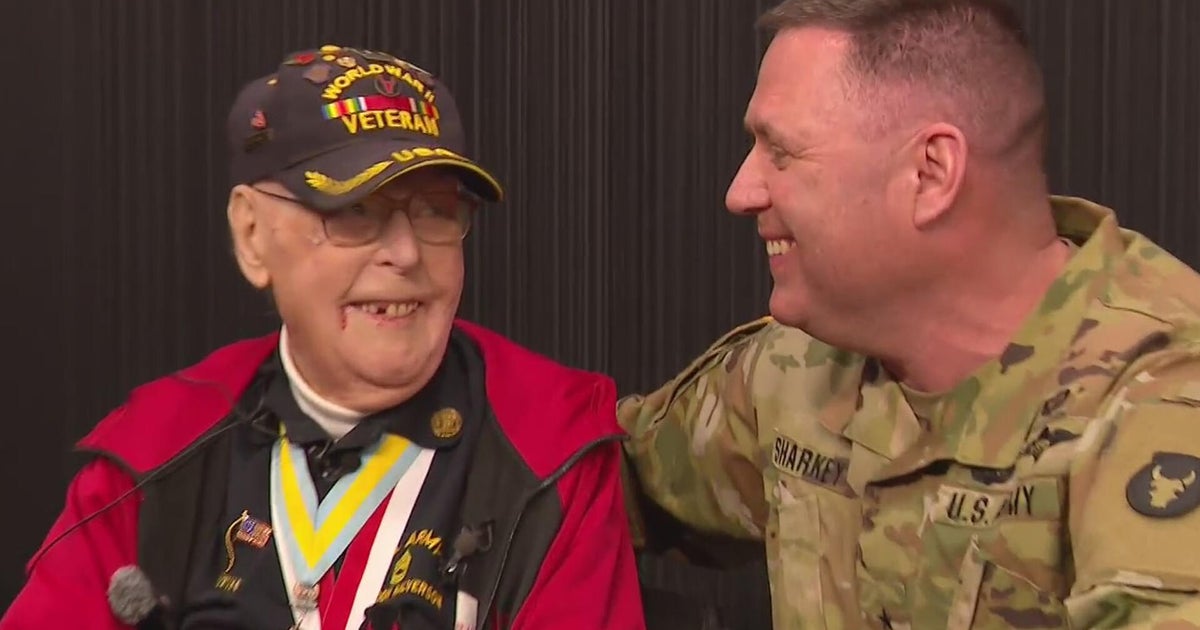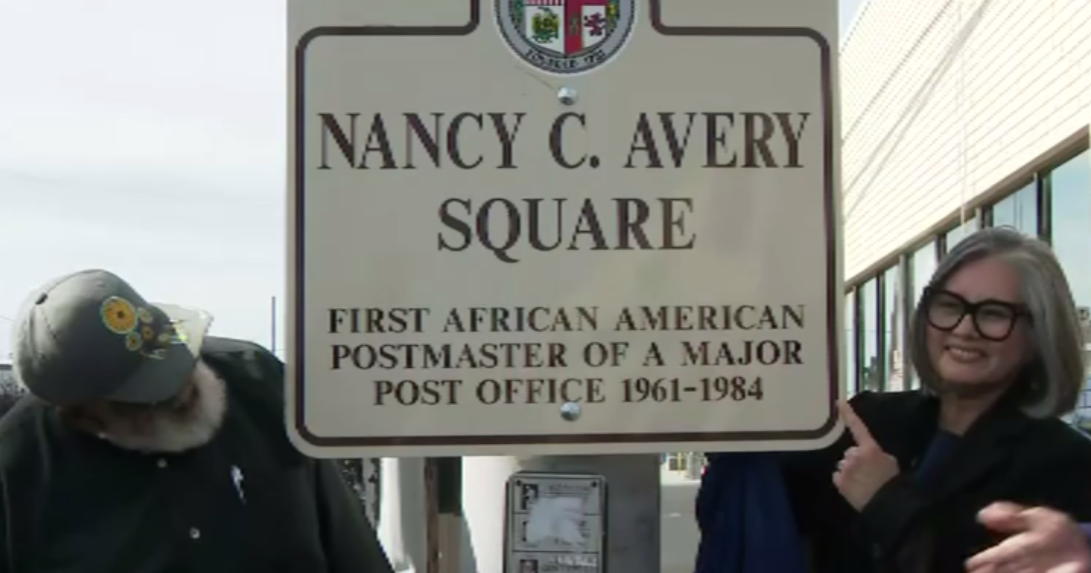Camp Ripley Celebrates Earth Day Early
CAMP RIPLEY, Minn. (WCCO) -- As a drill sergeant barks the finish times of a morning run, a quiet sanctuary awaits a once injured Saw Whet owl. It's a simple example of how Camp Ripley is a sanctuary for both soldiers and simpler things.
Just a short distance from where those Army National Guard soldiers are training, Major John Donovan was preparing to release the owl back into the woods.
"We are so honored and proud to have this little fella back today. And we're happy to release him back to his home here at Camp Ripley," said Donovan.
Friday's owl release is continuing proof of how a place primarily designed for training soldiers, can also protect the environment. The massive military installation is literally going green.
"Not every state has a Camp Ripley," said Marty Skoglund, the camp's environmental program manager.
Skoglund says what makes the land perfect for training troops, is the same ingredient that makes it prime for wildlife -- ample terrain.
"When you fly over Ripley, you will be surprised to see how can this be a military training site. It's perfectly intact and a beautiful piece of land," said Skoglund.
An aerial tour aboard an Army Air National Guard Blackhawk helicopter quickly reveals the camp's vast woodlands and rolling terrain. Its 53,000 acres are bordered by the scenic waterways of the Mississippi and Crow Wing rivers. Protecting Ripley's beauty has become a top priority.
In the past few years, environmental supervisor Jay Brezinka says they've reduced their solid waste output by over 80 percent.
Soldiers and staff had been producing about 10 pounds of solid waste per person per day. That's been reduced to just two pounds per day.
"Let's go out and do the right things for our environment on Earth Day -- and every day," Brezinka added.
The camp is also recycling the downed timber created by constant storms and winds. It is gathered, cut, split and distributed as free firewood for the families of deployed soldiers.
"The majority of the soldiers helping here today have been deployed so they know what it's like to support one another," said Colonel Don Rodewald.
Soldiers also know how to keep their camp green: From the cleanup of brown needles under towering pines, to the creation of a permanent nursery that will generate trees for future plantings.
Camp Ripley's soldiers are out to prove that being green isn't just a job for one day, and that it's a responsibility they try living up to all year round.







